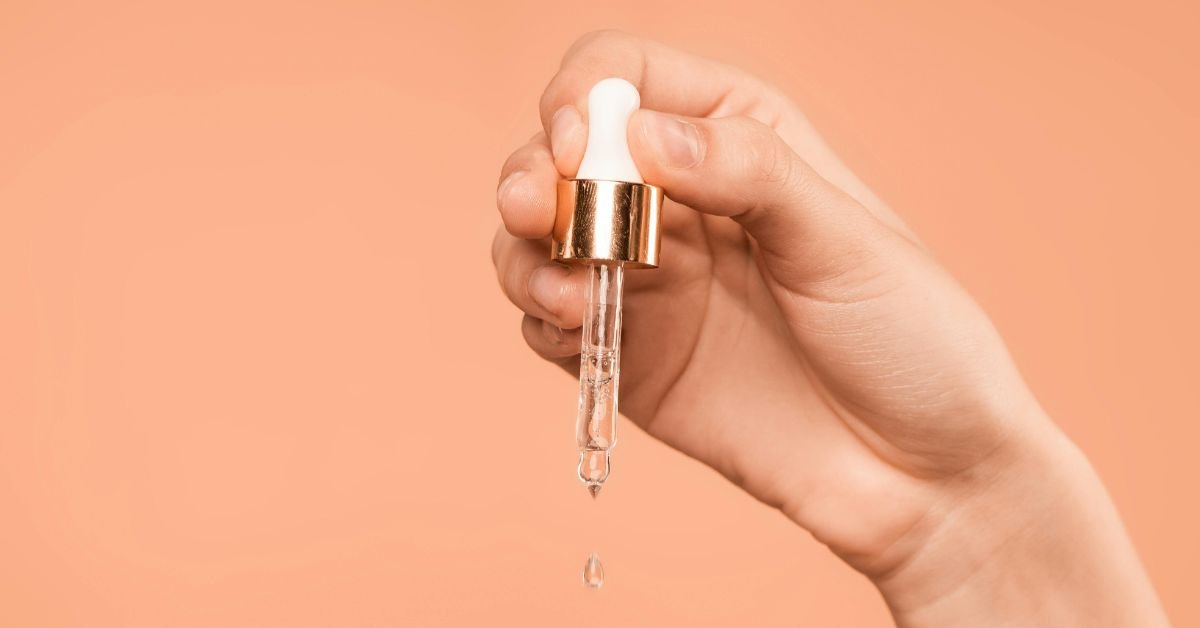Exploring the Benefits of Peptides in Skincare Products
Understanding Peptides: What You Need to Know
You’ve probably heard about peptides in the world of skincare, as it’s a hot topic in TV shows, social media, and magazines. If you’re unsure about what peptides are and their benefits, don’t worry – we’ve got you covered. Let’s delve into the world of peptides with insights from experts like Dr. Michele Green, Dr. Hannah Kopelman, Dr. Nowell Solish, and Dr. Adel Rammal, the chief scientific officer at Indeed Laboratories.
The Basics: What are Peptides?
Peptides are compounds that play a crucial role in skincare, offering numerous benefits. We’ll explore the advantages and potential drawbacks of using peptides in your skincare routine and provide guidance on how to incorporate them effectively.
Understanding Peptides
Peptides are naturally occurring small molecules composed of amino acids, serving as the building blocks of essential proteins like collagens and elastin. These proteins play a vital role in maintaining skin firmness and elasticity, as highlighted by Dr. Green and Dr. Solish.
According to Dr. Kopelman, peptides can be likened to messengers that prompt the skin to increase its production of these crucial proteins, contributing to smoother and more resilient skin.
Variety of Peptides
Peptides come in various types, each with its unique functions and benefits.
When checking product labels, keep an eye out for these common types of peptides:
Benefits of Peptides in Skincare
Peptides offer various advantages, with their primary role being an anti-ageing ingredient. According to Dr Rammal, peptides can assist in diminishing fine lines and wrinkles, increasing skin hydration and fullness, improving skin barrier function, stimulating skin repair, and reducing inflammation.
If you are aiming to enhance your skin’s volume, peptides can be beneficial. As Dr Kopelman notes, the natural breakdown of collagen over time leads to wrinkles and skin laxity. Incorporating peptides into your skincare regimen can stimulate collagen production, leading to a reduction in fine lines, enhanced skin elasticity, and a revitalized complexion.
Do Peptides have the ability to infiltrate the skin?
There has been a significant discussion surrounding the skin’s capacity to absorb peptides and whether they are effective, spurred on by the influence of TikTok. To settle this debate, we consulted with experts.
Dr. Solish elaborates on how peptides’ ability to penetrate the skin depends on their size and structure. He explains, “Certain peptides are engineered to be small enough to traverse the skin’s surface, although most primarily act on the outer layer.”
A recent study from 2021 corroborates this, revealing that specific types of peptides can indeed permeate the skin’s outermost layer.
Remarkably, deep penetration into the skin is not necessarily crucial for peptides to exhibit their benefits.
“Even without extensive penetration, peptides can still stimulate the skin to generate more collagen or elastin,” notes Dr. Solish. He also emphasizes the role of the product’s formulation, stating, “Formulation is crucial, and certain products utilize technologies to facilitate peptides’ penetration through the skin barrier.”
“Peptides yield optimal results when paired with other components that enhance their delivery, such as antioxidants or hyaluronic acid,” concurs Dr. Kopelman.
Are there any drawbacks to their usage?
Fortunately, most skin types can handle peptides well, as noted by Dr. Rammal.
“Nevertheless, there are potential but minor drawbacks. Some peptides may deteriorate rapidly if not formulated or stored properly, diminishing their efficacy,” he clarifies. “While uncommon, some individuals might encounter irritation or sensitivity, particularly with products containing multiple active components.”
Dr. Kopelman emphasizes, “Although peptides offer numerous benefits, they do not work as instant miracles. Consistent usage over time is necessary to observe optimal outcomes.”
Choosing the Right Peptides for Your Skin
Peptides are beneficial for all skin types, according to Dr. Green, offering equal benefits to everyone.
When selecting peptides, Dr. Kopelman suggests opting for formulas that contain various types to enhance collagen production, repair, and shield against collagen degradation.
If you have specific skincare goals in mind, certain peptides are recommended by experts.
Dr. Green recommends Matrixyl, glutathione, and epitalon for combatting signs of aging.
“Matrixyl promotes the synthesis of elastin, collagen, and hyaluronic acid, enhancing skin appearance. Epitalon spurs fibroblast activity, resulting in new collagen and elastin,” she elaborates.
On the other hand, “glutathione, an antioxidant, fades dark spots, diminishes oxidative stress, and counters the impact of harmful free radicals.”
Optimal Use of Peptides for Improved Results
When integrating peptides into your skincare regimen, consider their compatibility with other active ingredients such as hyaluronic acid and antioxidants. Therefore, feel free to incorporate peptides into your skincare routine in conjunction with these elements, advises Dr. Kopelman.
To maximize the benefits of peptides, it is recommended to apply them immediately after cleansing. For instance, if utilizing a peptide serum, gently pat it onto the skin after cleansing and allow it to absorb fully before proceeding with subsequent skincare steps.
For those using toners or essences, incorporating peptides post their application is advisable. When using a peptide cream, applying it as the final step in your evening routine can optimize its performance overnight, according to expert advice.
In the morning, always conclude the application of peptides with the use of sunscreen to safeguard your skin. To further enhance the efficacy of peptides, consider combining them with vitamin C and niacinamides, as recommended by Dr. Green.
Key Benefits of Peptides for Skin
Peptides play a crucial role in achieving plump, youthful skin by reducing fine lines, wrinkles, and dark spots, while also improving hydration and combating inflammation. Their versatility makes them incredibly valuable for skincare.
Regardless of your skin type, there are various types of peptides available with minimal drawbacks, making them a great addition to any skincare routine.
For optimal results, incorporate peptides into your regimen strategically, such as applying a peptide serum right after cleansing and a peptide cream as the final step in the evening routine or before sunscreen in the morning. By including peptides in your skincare routine, you can enhance elasticity and overall skin health significantly.



